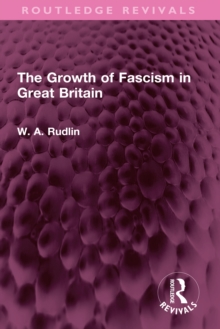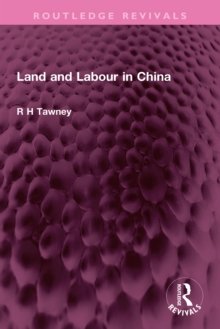
Authority and Meaning in Indian Religions : Hinduism and the Case of Valmiki PDF
by Julia Leslie
Part of the Routledge Revivals series
Description
This title was first published in 2003. Can a text be used either to validate or to invalidate contemporary understandings? Texts may be deemed 'sacred', but sacred to whom? Do conflicting understandings matter? Is it appropriate to try to offer a resolution? For Hindus and non-Hindus, in India and beyond, Valmiki is the poet-saint who composed the epic RA mA yaAua. Yet for a vocal community of dalits (once called 'untouchables'), within and outside India, Valmiki is God. How then does one explain the popular story that he started out as an ignorant and violent bandit, attacking and killing travellers for material gain? And what happens when these two accounts, Valmiki as God and Valmiki as villain, are held simultaneously by two different religious groups, both contemporary, and both vocal? This situation came to a head with controversial demonstrations by the Valmiki community in Britain in 2000, giving rise to some searching questions which Julia Leslie now seeks to address.
Information
-
Download - Immediately Available
- Format:PDF
- Pages:262 pages
- Publisher:Taylor & Francis
- Publication Date:22/11/2017
- Category:
- ISBN:9781351772990
Other Formats
- Paperback / softback from £30.39
- Hardback from £28.09
- EPUB from £25.91
Information
-
Download - Immediately Available
- Format:PDF
- Pages:262 pages
- Publisher:Taylor & Francis
- Publication Date:22/11/2017
- Category:
- ISBN:9781351772990










